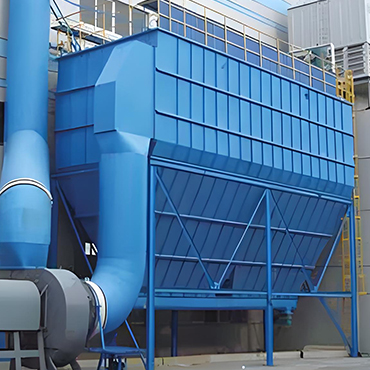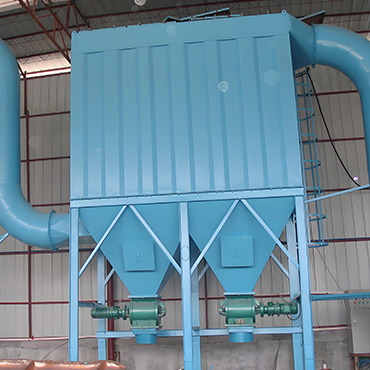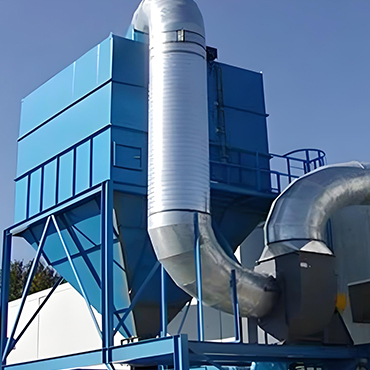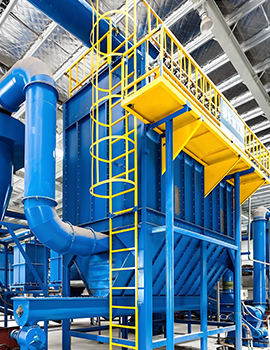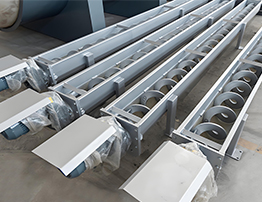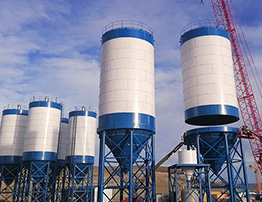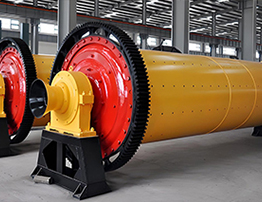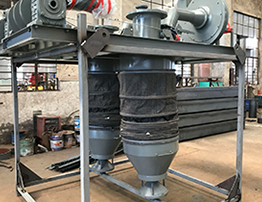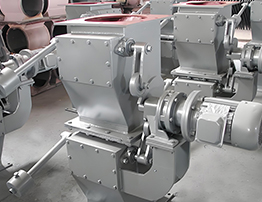Pulse Jet Dust Collector
The pulse jet bag filter achieves a dust removal efficiency of 99.99%. It adopts a PLC control system to automate the cleaning process. The main structure consists of truss frame, hopper, filtration chamber, clean air chamber, and pulse-jet cleaning device. Dust-laden gas undergoes pre-dust removal through the inlet air distribution duct, while purified gas is filtered through the outer surface of the filter bags.
- High-Efficiency Dust Removal
- Energy-Saving Operation
- Maintenance-Friendly Design
- Leak-Proof Construction
- Optimized Airflow Configuration
Industry-Leading Pulse Jet Dust Collector Manufacturer
As a premier pulse jet dust collector manufacturer, DARKO combines 10+ years of industrial dust control expertise with ISO-certified engineering excellence. Our high-efficiency systems serve global clients in cement, metallurgy, chemical, and lithium battery industries, with installations across 30+ countries. Designed for optimal energy efficiency and intelligent operation, DARKO pulse jet dust collectors deliver superior filtration performance (99.9%+ efficiency), automated cleaning cycles, and low-maintenance reliability—ensuring continuous productivity in the most demanding environments.
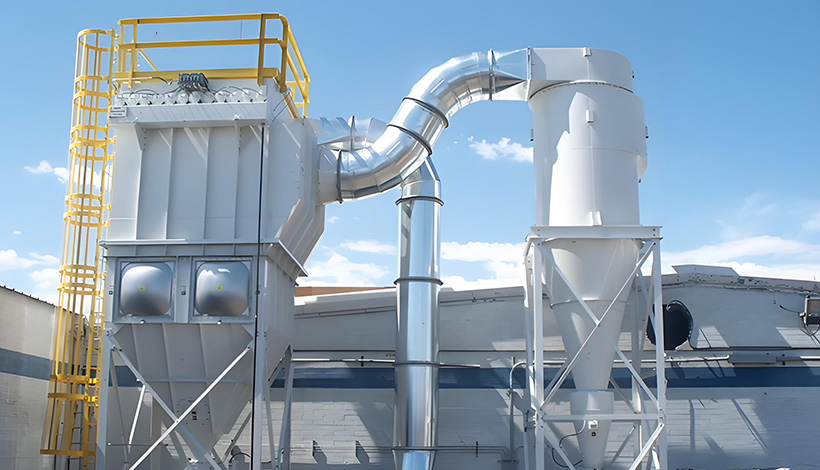
High-Efficiency Dust Collection Solutions
Long filter bags for high-efficiency industrial dust control.
99.9% efficient offline cleaning for high-density industrial dust.
Online cleaning, 99.9% efficiency for cement & wood dust control.
- Technical Specification
- Structure
- Application
| Product Series | PPC-32 | PPC-64 | PPC-96 | PPC-128 |
|---|---|---|---|---|
| Chamber (pcs) | 2-6 | 4-8 | 4-20 | 6-28 |
| Filter bags per chamber (pcs) | 32 | 64 | 96 | 128 |
| Filter bag size (mm) | Φ130×2448 | Φ130×2440 | Φ130×2448 | Φ130×2600 |
| Filter area per chamber (m²) | 31 | 62 | 93 | 155 |
| Inlet dust concentration (g/m³) | ≤200 | ≤200 | ≤200 | ≤200 |
| Outlet dust concentration (mg/m³) | <10 | <10 | <10 | <10 |
| Operating pressure (Pa) | -500~+2500 | -500~+2500 | -500~+2500 | -500~+2500 |
| Resistance (Pa) | 1470-1770 | 1470-1770 | 1470-1770 | 1470-1770 |
| Height (mm) | 2063 | 2063 | 2063 | 2063 |
| Pulse valve size (inch) | 2.5″ | 2.5″ | 2.5″ | 2.5″ |
| Pulse valves per chamber (pcs) | 1 | 1 | 1-2 | 2 |
| Cleaning air pressure (MPa) | 0.5-0.7 | 0.5-0.7 | 0.5-0.7 | 0.5-0.7 |
1. Structural Composition
The pulse-jet bag filter features a modular housing design, comprising eight core components:
-
Support truss
-
Dust collection hopper
-
Middle filtration chamber
-
Upper clean air chamber
-
Pulse-jet cleaning system
-
Access platforms & ladders
-
Inlet/outlet ductwork
-
PLC control cabinet
2. Intelligent Cleaning Control
-
PLC automation governs the cleaning sequence with two operational modes:
-
Time-based cycling (fixed intervals)
-
On-demand pressure differential control (ΔP-triggered)
-
-
Solenoid valves precisely release compressed air bursts (0.2-0.5MPa) while maintaining continuous online operation – no process interruption required.
Steel Plants:
We use large pulse jet dust collectors with high air volume >100000m³/h. The filter bags are made of corrosion-resistant and high-temperature-resistant materials, such as PTFE.Our clients include Shanghai Baosteel, Guangda and so on.
Nonferrous Smelting:
We use LMC pulse jet dust Collector with the 6m filter bags. This pulse jet dust collector achieves a dust emission level of less than 10 mg/m³. We have finished 10 sets pulse jet bag filters installation in Baotou Rare Earth Aluminum Industry Co., Ltd.
Cement Production:
Every year, we supply approximately 200 units of various types of pulse jet dust collectors to Huaxin Cement, Sinoma Cement and East Hope.
Waste Incineration:
Our pulse jet bag dust collectors have been adopted in China Tianying’s large-scale waste incineration plants. Our pulse jet bag filters are mainly used for collecting ashes during the incineration process and for treating the flue gas. Affected by high temperatures and the corrosive components in the smoke, the service life of the filter bags is usually 1 to 2 years.
Mining:
In Year 2024, we finished 4 sets ATEX pulse jet dust collectors in Shaanxi Coal and Chemical Industry Group Co., Ltd. These ATEX dust collectors are made of stainless steel and the thickness of the shell is 6mm. At the same time, we also carried out the following measures, installing ATEX explosion-proof panels, ATEX fans and spark detection and extinguishing systems.
Pulse Jet Bag Filter Working Principle
The pulse-jet bag filter operates by directing dust-laden gas through an inlet into the hopper where coarse particles settle, while finer particles flow upward into the filtration chambers. As the gas passes through filter bags, dust accumulates on their outer surfaces, and clean air exits through the upper chamber to the exhaust system. For cleaning, individual compartments are isolated from airflow, and compressed air pulses dislodge the dust into the hopper, with PLC-controlled valves ensuring efficient, automated operation that prevents redeposition of dust onto adjacent bags.
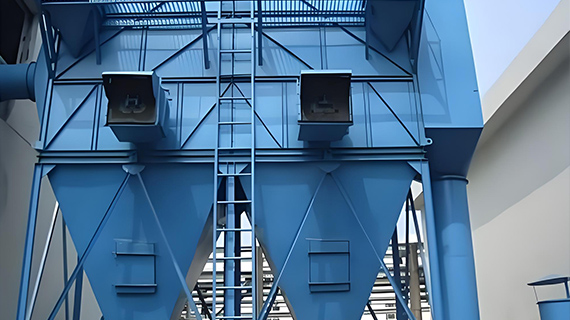
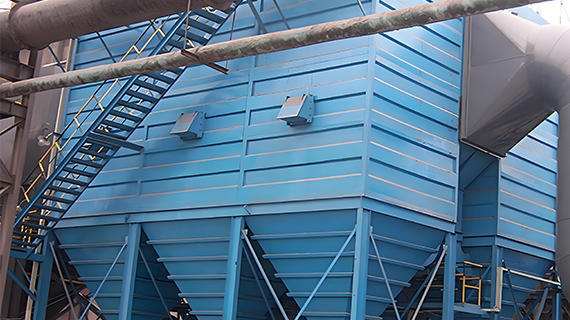
Filtration Principle
Dust-laden gas enters through the inlet and passes through the hopper, where larger particles are separated by inertial forces and directly collected in the hopper. The gas then proceeds to the bag filtration zone within the housing. As the gas permeates through the filter bags, dust particles are captured on the outer surface of the bags. Purified gas exits through the bag openings into the upper chamber and is discharged via the outlet.
Pulse-Jet Cleaning Principle
As filtration continues, dust accumulation on the bags increases, raising system resistance. When resistance reaches a preset threshold, the cleaning cycle initiates:
-
-
Pulse Activation: Solenoid valves open, releasing compressed air into the upper chamber in milliseconds.
-
Bag Expansion: The rapid air injection causes bag expansion and vibration.
-
Dust Dislodgement: Combined with reverse airflow, dust layers are stripped off and fall into the hopper.
-
Cycle Completion: Valves close, restoring normal filtration. This process repeats sequentially across all chambers, with one full rotation constituting a cleaning cycle.
-
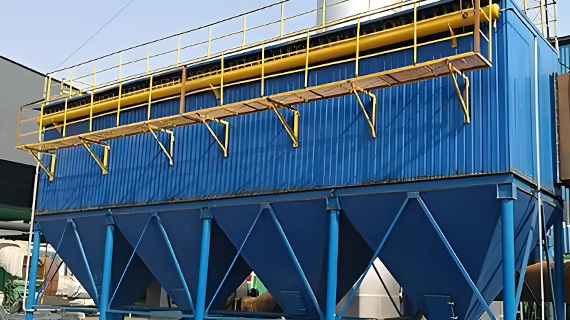

Reverse Pulse Jet Dust Collector
During the cleaning process, the reverse pulse jet dust collecting system utilizes reverse airflow. It causes the filter bags to deform and vibrate, helping to loosen the dust.
Related Products
Why Choose Our Pulse-Jet Bag Filter?
1. Unmatched Dust Capture Performance
-
99.99% filtration efficiency – meets strictest emission standards
-
<10mg/m³ output purity – cleaner than surgical room air
-
Battle-tested pulse-jet tech – perfected since 1960s
2. Self-Cleaning Intelligence
-
“Set-and-forget” PLC automation – chooses optimal cleaning cycles
-
Military-grade pulse valves – 1,000,000+ cycle durability
-
0.1-second air blasts – like mini detonations for perfect cleaning
3. Smarter Engineering
-
Pre-filtering magic – our angled baffles catch big particles early
-
Lego-like modular design – grows with your production needs
-
Airflow tuned like a sports car – 30% less energy than competitors
4. Maintenance Revolution
-
Change bags during lunch breaks – no production stops
-
No-tool bag swaps – elastic seals snap tight in seconds
-
Bulletproof bag cages – octagonal design prevents collapse
5. Future-Proof Features
-
Add sensors like Lego blocks – temperature, dust levels, etc.
-
Armor plating available – for explosive or corrosive environments
-
Pulse jet filters achieve 99.99% efficiency with emissions as low as <10mg/m³, suitable for strict EPA/NESHAP standards.
Key factors:
-
Airflow (CFM/m³/h) – Calculate based on hood/duct design
-
Dust load (g/m³) – Heavy loads need larger filter area
-
Bag length – Standard 2-6m; longer bags = higher capacity
-
High-temperature bags (fiberglass/P84)
-
Abrasion-resistant inlet (ceramic-lined)








